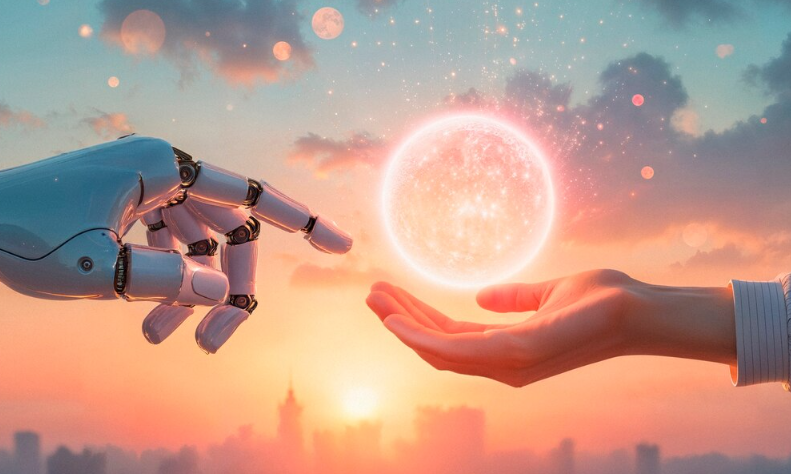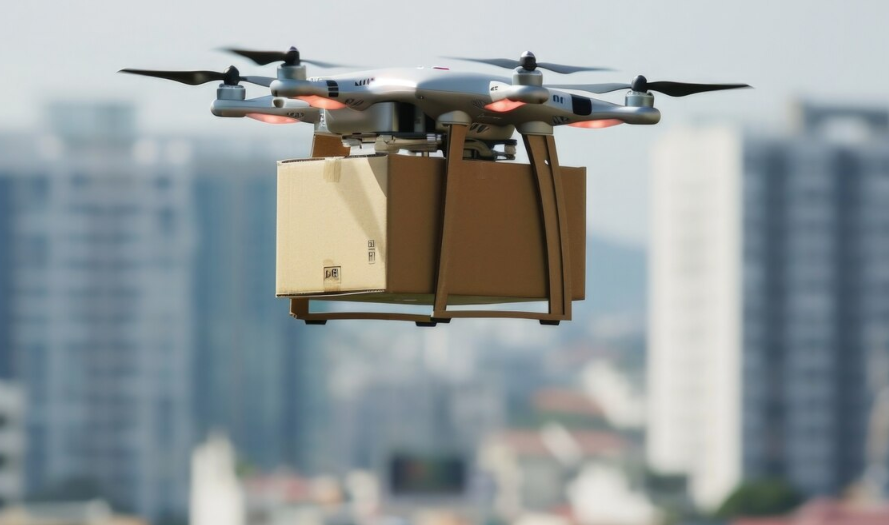Introduction
Artificial Intelligence (AI) is transforming industries across the board, and the world of music is no exception. What was once the domain of human emotion and creativity is now being expanded with the help of machines. AI-powered music creation is reshaping how music is composed, produced, and experienced, offering new possibilities for artists and listeners alike.
How AI Is Changing Music Creation
AI tools today can analyze vast amounts of musical data, learn patterns, and generate original compositions. Some systems even mimic the styles of famous artists or create entirely new genres.
Key capabilities of AI in music include:
- Composition Assistance: AI can suggest melodies, harmonies, and rhythms, acting as a co-writer for musicians.
- Autonomous Music Generation: Algorithms can compose full songs without human input, from classical pieces to pop hits.
- Music Personalization: AI creates customized playlists and even unique tracks based on a listener’s mood or preferences.
- Sound Design and Mixing: AI helps produce high-quality sounds, automate mixing tasks, and master tracks quickly.
Benefits of AI in the Music Industry
AI-powered music creation brings several advantages:
- Enhanced Creativity: Artists can use AI as a creative partner, inspiring new ideas and pushing creative boundaries.
- Accessibility: Amateur musicians can now produce professional-sounding tracks without expensive equipment or formal training.
- Efficiency: AI can dramatically speed up the songwriting and production process.
- Cost Reduction: Independent artists and small studios benefit from affordable AI tools that reduce the need for large production teams.
Ethical and Artistic Concerns
Despite its advantages, AI in music raises important questions:
- Authenticity: Can music created by AI carry the same emotional depth as human-made music?
- Ownership: Who owns the rights to music generated by an AI— the developer, the user, or the AI itself?
- Impact on Jobs: As AI tools become more sophisticated, the roles of composers, producers, and sound engineers may evolve or diminish.
- Homogenization of Music: Overreliance on AI patterns could lead to less diversity and originality in mainstream music.
Future Trends in AI Music Creation
Looking ahead, AI will likely play an even bigger role in the music ecosystem. Emerging trends include:
- Real-Time Collaboration: Musicians may collaborate with AI systems live during performances, creating spontaneous and unique music experiences.
- Emotionally Intelligent Music: AI will better understand and convey human emotions, producing music that resonates more deeply with listeners.
- Interactive Music Experiences: Fans might interact with AI-generated music, customizing aspects like tempo, mood, or lyrics.
- AI-Generated Artists: Virtual musicians and bands powered entirely by AI will become more common, blurring the lines between human and machine artistry.
Conclusion
AI-powered music creation is not about replacing human musicians but expanding the palette of what’s possible in sound and expression. As technology evolves, the collaboration between humans and machines will redefine the music landscape, opening up new realms of creativity and innovation. The future of music will be a symphony of human passion and artificial intelligence.


